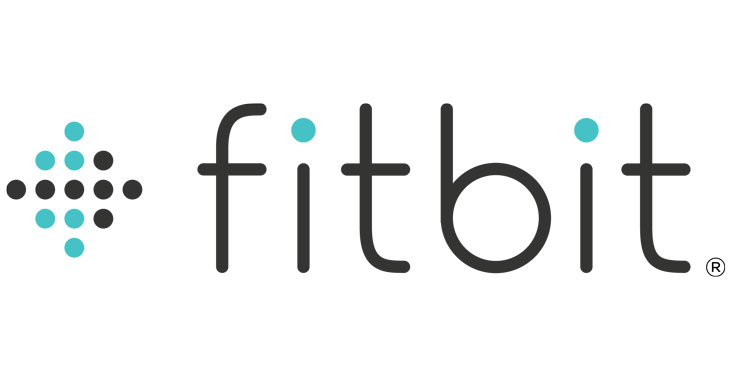
FitBit Fitness Trackers
Allegations: Misleadingly marketing that fitness trackers are capable of measuring blood oxygen levels when they do not provide accurate measures
June 2018: One of the named plaintiffs (Dunn) filed an amended complaint bringing similar allegations.
October 2017: A federal judge granted Fitbit’s motion to compel arbitration for the plaintiffs who did not opt out and denied its motion to stay or dismiss one of the named plaintiff’s (Dunn’s) claims.
May 2016: Plaintiffs filed an amended complaint adding several named plaintiffs and the Blaze fitness watch to the list of watches at issue.
January 2016: A class-action lawsuit was filed against Fitbit, Inc. for allegedly the PurePulse™ technology in its fitness watches – including the Charge HR and Surge – accurately record a wearer’s heart rate during physical activity when, according to plaintiffs, the technology does not consistently and accurately record the wearers’ heart rates during intense physical activity. (McLellan et al v. Fitbit, Inc., Case No. 16-cv-36, N. D. CA.)
For more information about other class-action lawsuits against Fitbit and TINA.org’s coverage of the company, click here.
Allegations: Misleadingly marketing that fitness trackers are capable of measuring blood oxygen levels when they do not provide accurate measures
What consumers should know about software tethering.
